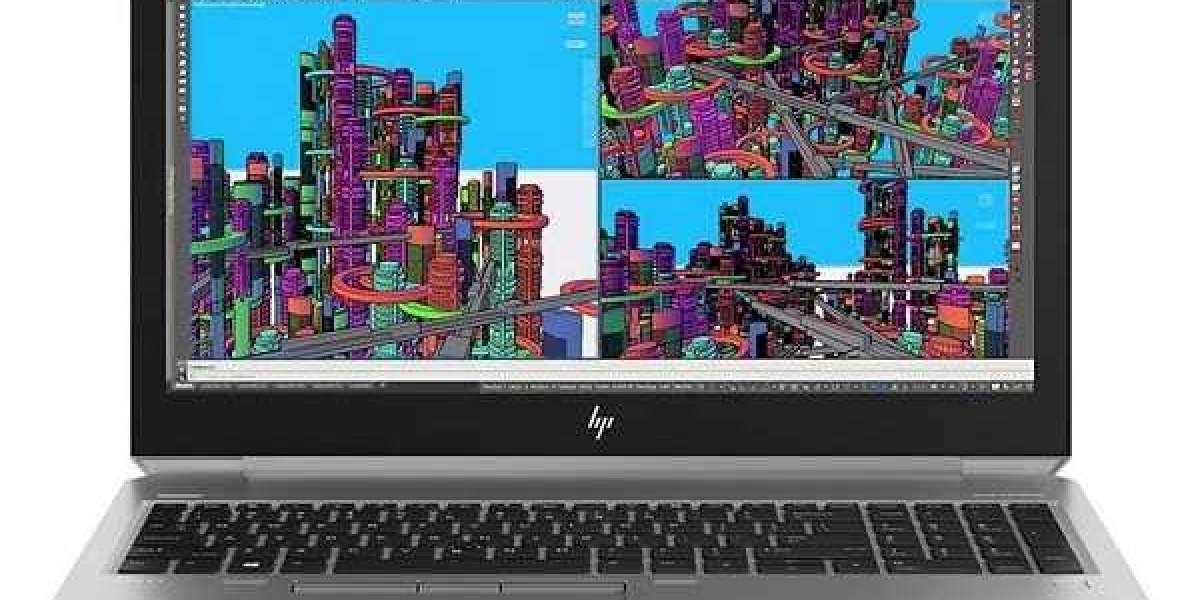Blockchain technology is evolving, and businesses are exploring its potential for various applications. Choosing the right blockchain is critical for the success of your project. The decision depends on multiple factors, including scalability, security, consensus mechanisms, and cost-effectiveness. Understanding these aspects will help businesses and developers select the best option for their specific needs.
Understanding Blockchain Types
Before selecting a blockchain, it is essential to understand the different types available. Public blockchains like Bitcoin and Ethereum allow anyone to participate in the network. Private blockchains, such as Hyperledger Fabric, are permissioned and restricted to specific users. Consortium blockchains combine elements of both public and private systems, enabling multiple organizations to share control. Each type has its advantages and use cases, making it necessary to evaluate which suits your business model.
Identifying Your Project Requirements
Different projects have unique requirements that influence blockchain selection. A decentralized finance (DeFi) platform needs a highly secure and scalable blockchain, while a supply chain system requires transparency and efficiency. Factors such as transaction speed, interoperability, and governance structure should be assessed. Blockchain Development Companies in India provide consulting services to help businesses align their needs with the right technology.
Scalability and Performance Considerations
Scalability is a major factor when choosing a blockchain. Some blockchains, like Ethereum, face congestion issues due to high transaction volumes. Others, like Solana and Polygon, offer faster transactions at lower costs. Businesses must determine how many transactions per second their application requires and whether the chosen blockchain can handle the expected load. A Blockchain Development Company can assist in evaluating scalability options.
Security and Consensus Mechanisms
Security is critical for blockchain applications. Different blockchains use various consensus mechanisms to validate transactions. Proof of Work (PoW), used by Bitcoin, offers high security but consumes significant energy. Proof of Stake (PoS) and Delegated Proof of Stake (DPoS) provide faster transaction validation with reduced energy consumption. Depending on the project, businesses must choose a consensus algorithm that balances security and efficiency.
Smart Contract Capabilities
Smart contracts automate processes within blockchain applications. Ethereum pioneered smart contracts, making it the preferred choice for developers. However, other blockchains like Binance Smart Chain, Cardano, and Polkadot also support smart contracts. The choice depends on factors such as programming language compatibility, transaction fees, and network reliability. Blockchain Development Companies in India specialize in developing and deploying smart contracts across multiple platforms.
Cost of Deployment and Maintenance
Cost plays a significant role in blockchain selection. Public blockchains may have high gas fees, making transactions expensive. Private blockchains require infrastructure investment but provide more control. Some blockchains offer lower fees, making them cost-effective for startups and enterprises. Businesses must calculate the total cost of ownership, including deployment, maintenance, and upgrade expenses.
Interoperability and Integration
Many businesses require a blockchain that integrates with existing systems. Some blockchains offer better interoperability, allowing seamless data exchange between different networks. Polkadot and Cosmos focus on interoperability, enabling communication across multiple chains. When selecting a blockchain, businesses should ensure that it supports integration with third-party applications, APIs, and legacy systems.
Regulatory and Compliance Factors
Compliance with legal and regulatory requirements is crucial for blockchain adoption. Some blockchains provide better governance models and compliance features, making them suitable for industries like finance and healthcare. Businesses should evaluate the legal implications of using a particular blockchain and ensure it meets industry standards and data protection regulations.
Community Support and Ecosystem
A strong developer community and ecosystem enhance blockchain adoption. Ethereum has a large community, extensive documentation, and development tools. Emerging blockchains may offer innovative features but lack extensive support. Choosing a blockchain with active community engagement ensures long-term sustainability and access to technical resources.
Finalizing the Right Blockchain
After analyzing all factors, businesses should conduct a proof of concept (PoC) before full-scale implementation. This helps identify potential challenges and optimize the blockchain solution. Consulting a Blockchain Development Company can streamline this process, ensuring the chosen blockchain aligns with business objectives.
Conclusion
Selecting the best blockchain for your project requires careful evaluation of multiple aspects, including scalability, security, cost, and interoperability. Businesses should work with experienced Blockchain Development Companies in India to make informed decisions. By aligning project requirements with the right blockchain, organizations can build robust, scalable, and efficient solutions that drive long-term success.







